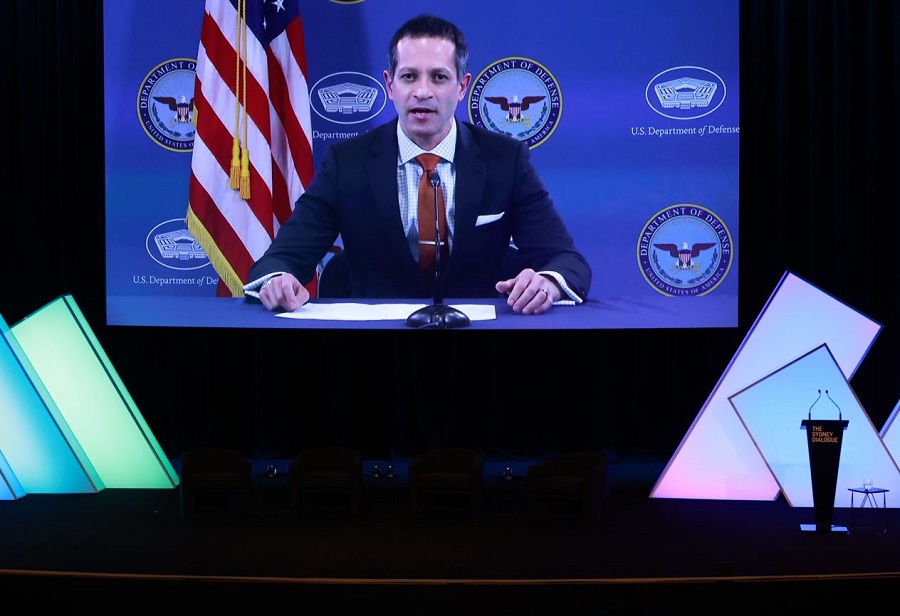Michael C. Horowitz

In the final session on Day 1 of ASPI’s Sydney Dialogue, Mike Horowitz from the US Department of Defense led a panel discussion on global technology trends.
In these introductory remarks, I will lay out how the US Department of Defense is thinking about the intersection of technological change in geopolitical competition and what it means for the security environment, particularly in the context of the Indo-Pacific, a vital region for the future of the world. I want to tell you about three trends shaping this intersection of technological change, geopolitics, and national security.
First, a series of technologies, including artificial intelligence, biotechnology and cyber, are already online and growing more sophisticated every day in ways that are already reshaping economies, societies and militaries. For example, the recent public release of large language models like ChatGPT illustrates the way advances in AI and machine learning can revolutionise how we aggregate, access and process information everywhere from the classroom to the military. These advances represent general-purpose technologies like the combustion engine and the aircraft in prior generations. They have strategic consequences, and the drivers and impacts are so much broader.
They reflect a trend where so many of the cutting-edge technologies of today have experienced booms due to private-sector and commercial investment. Second, these technological changes are accelerating changes in the security environment. The 2022 US national defence strategy clearly describes this evolving strategic environment in the way the People’s Republic of China is seeking to leverage technological advantage to create systemic challenges.
Furthermore, Russia’s horrific invasion of Ukraine, triggering the largest war in Europe since World War II makes Russia an acute threat that we also think about every day in this context. Third, we cannot go it alone if we are going to succeed in this complex world. As Under Secretary of Defense [Colin] Kahl said last year, this is not a competition of countries. It’s a competition of coalitions.
Collaboration with allies and partners is not just foundational for US national security interests. It’s necessary to strengthen and sustain deterrents in light of rapidly emerging technologies. The unbreakable alliance that the United States shares with Australia, for example, is a manifestation of our work and commitment to reduce institutional barriers, including those that inhibit collective research and development, planning, interoperability, information sharing and technology sharing.
The AUKUS partnership between Australia, the United Kingdom and the United States is an illustration of this commitment. AUKUS is a generational opportunity that, as Secretary of Defense Lloyd Austin says, will strengthen our combined military capabilities, boost our defence industrial capacity, enhance our ability to deter aggression and promote our shared goal of a free and open Indo-Pacific.
AUKUS is a shared long-term investment that will allow us to build defence advantages that endure for decades to come. Competing is about creating stability and making conflict less likely, helping ensure that free and open Indo-Pacific where all nations can prosper free from coercion. But this is not just about competition; it’s also about cooperation. We need a common understanding of how we develop and use the military tools of today and tomorrow in line with our values.
For example, the United States recently introduced a political declaration on responsible military use of artificial intelligence and autonomy. This non-binding international agreement establishes strong norms of responsible behaviour for military actions surrounding AI and autonomy, building on lessons learned from over a decade of Defense Department policies. It’s part of our commitment to responsible use, ensuring that the global adoption of military AI and autonomy happens in a way that minimises unintended bias and accidents while maximising the benefits. As you engage on these topics and more, consider the individual state and global impacts of emerging technologies.
Are there latent fears or mistrust of certain technologies? How will certain technological advances impact security dynamics? How can we amplify opportunities to work together to address global challenges?
No comments:
Post a Comment